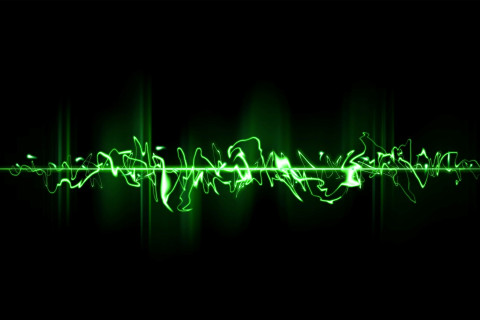The doctoral dissertation in the field of Environmental Science will be examined at the Faculty of Science and Forestry, Kuopio Campus and online.
What is the topic of your doctoral research? Why is it important to study the topic?
In the modern world, exposure to electromagnetic fields is ubiquitous. Humans are constantly exposed to radiofrequency (RF) radiation from daily used wireless applications and to extremely-low frequency (ELF) magnetic fields (MFs) that accompany electricity generation, transmission, and use. Exposures to RF radiation and ELF MFs have been classified as carcinogenic to humans. However, to date, there are no generally accepted biophysical mechanisms that explain the possible association between these exposures and cancer. This doctoral dissertation aimed to achieve a breakthrough in understanding the mechanistic basis for the reported carcinogenic effects of RF radiation and ELF MFs.
What are the key findings or observations of your doctoral research?
Sole exposure to RF radiation or ELF MFs consistently showed no genotoxic effects. However, the co-genotoxic effects of these exposures were inconsistent; they differed with differences in exposure duration, field intensity, co-exposure chemical, and the used cell line. RF radiation was not shown to cause or enhance genomic instability. The effect of ELF MFs on the assayed endpoint was generally small, suggesting that ELF MF effects are on cellular signaling rather than causing DNA damage or inducing oxidative stress.
What are the key research methods and materials used in your doctoral research?
At an in vitro level, the present doctoral dissertation explored the possible effect of RF radiation and ELF MFs on specific cancer-related phenomena: genotoxicity, genomic instability, oxidative stress, and circadian rhythm. The cells used in the present study were relevant to the types of cancers proposed to be associated with exposure to RF radiation and ELF MFs. For example, primary astrocytes are a suitable model for glioma, the type of brain tumour proposed to be associated with RF radiation. Also, hematopoietic FDC-P1 cells are relevant to studying possible association between childhood leukemia and exposure to ELF MFs.
The doctoral dissertation of Ehab Mustafa, MSc, entitled In vitro responses to electromagnetic fields: genotoxicity, oxidative stress, and circadian rhythm (Tutkimus solutason vasteista sähkömagneettisille kentille: genotoksisuus, oksidatiivinen stressi ja vuorokausirytmi), will be examined at the Faculty of Science and Forestry. The Opponent will be Professor Emeritus, Kai Savolainen, NanoReflections Oy, and the Custos will be Professor Jonne Naarala, University of Eastern Finland. Language of the public defence is English.
For further information, please contact:
Ehab Mustafa, ehabmus@student.uef.fi, 0449539421, https://twitter.com/ehabmustafa805





